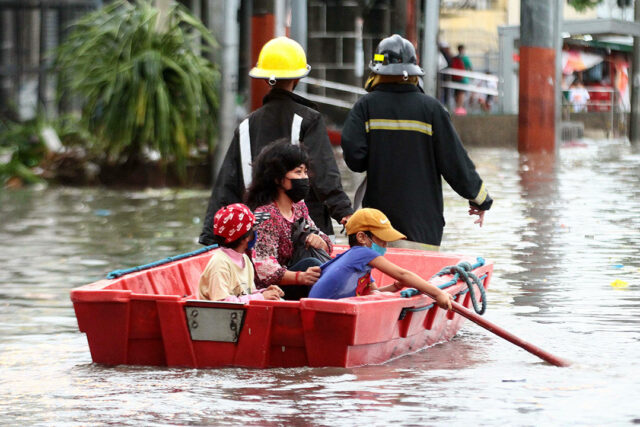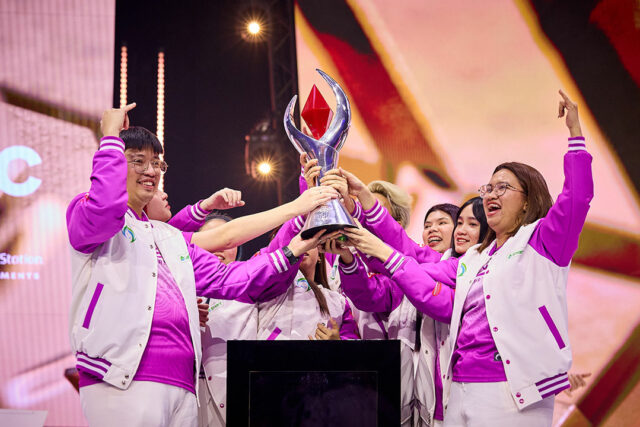Flood-control focus urged for infrastructure projects
By Beatriz Marie D. Cruz, Reporter
THE GOVERNMENT must realign its infrastructure spending priorities to give more weight to flood control projects, analysts said.
“There is a need to revisit the number, breadth and extent of flood control facilities that are currently operational and make plans to build more,” Terry L. Ridon, and public investment analyst and convenor of think tank InfraWatch PH, said in a Viber message.
The Department of Budget and Management (DBM) reported that infrastructure spending in May rose 31.4% year on year to P136.4 billion.
Month on month, spending rose 14.7%.
Rene S. Santiago, former president of the Transportation Science Society of the Philippines, cited the need to update flood-related infrastructure due to the need to respond to climate change.
“An infrastructure built for a 20-year rainfall is expected to be overwhelmed once in 20 years. To the consternation or befuddlement of our engineers, it appears that the 20-year cycle has shortened to 10; most likely due to climate change,” he said via Viber.
“The recent flooding produces the perennial blame-game. Even if our flood control programs had been completed — and they are not — flooding will occur. Only a question of when, not if.”
Nigel Paul C. Villarete, senior adviser on PPP at the technical advisory group Libra Konsult, Inc., said the high infrastructure spending recorded in May was likely due to the advanced preparation of some projects included in the budget.
“While most projects were identified during the budget preparation in the last quarter of the preceding year, the time of execution depends on how ready they are for implementation,” he said via Viber.
“If there are many projects ready for actual implementation for the budget year, they will have a head start in spending.”
The DBM noted that “sizeable disbursements” made by the Department of Public Works and Highways (DPWH) for the construction of roads, bridges, flood control structures, hospital buildings, and multi-purpose building projects were behind the infrastructure spending performance in May.
Solid spending was also reported as a result of the armed forces modernization program, and direct payments made by development partners for the South Commuter Railway Project, the DBM added.
In the first five months of the year, infrastructure spending rose 21.7% year on year to P472.1 billion. This was linked to completed DPWH projects and the speedy processing of payment claims.
Ruben Carlo O. Asuncion, chief economist at Union Bank of the Philippines, Inc., said the government is expected to continue rolling out infrastructure spending in the coming months to “help cushion any soft growth patches due to high borrowing costs and elevated inflation.”
The government targets spending on infrastructure equivalent to 5-6% of gross domestic product.










